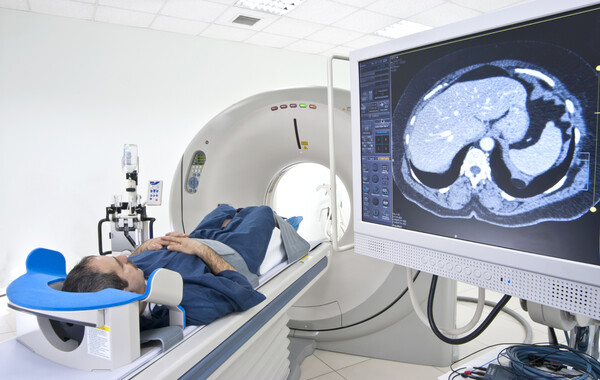
Critics have pointed out that there are many side effects, such as the worsening of health insurance finances, due to measures to strengthen health insurance coverage in the so-called Mooncare, thus named after former President Moon Jae-in.
However, a recent analysis showed that Mooncare has had considerable effects on preventing and reducing diseases, including a decline in the rate of severe brain and cerebrovascular patients.
Rep. Jeon Hye-sook of the Democratic Party of Korea said so after analyzing the National Health Insurance Service (NHIS)'s “Review of the Effects of Expanding Benefits for Brain and Cerebrovascular MRI” data.
According to Jeon, after expanding health insurance coverage for the MRI scans of brain and cerebral diseases in October 2018, the proportion of patients with severe brain disease dropped among those who underwent brain and cerebrovascular MRI scans by 20.9 percentage points, from 88.1 percent to 67.2 percent.
More specifically, out of the 601,936 patients who underwent brain and cerebrovascular MRIs before the expansion, 530,123 patients were diagnosed with severe brain disease, accounting for 88.1 percent of the total. However, after expanding the coverage, 67.2 percent of the 1,589,384 patients who underwent MRIs, or 1,068,173, were diagnosed with severe brain disease, reducing the proportion of severe patients by 20.9 percentage points.
The increase in reimbursement not only resulted in more patients receiving MRIs but also diagnosed twice as many severe cases and reduced their overall share.
In addition, in the case of ischemic stroke, which has different treatment and prognosis depending on the time of detection, the rate of early detection increased by 11.2 percentage points, from 17.2 percent to 28.4 percent.
"Early detection of life-threatening brain diseases could have prevented the disease from progressing to a more serious stage," Rep. Jeon said. "The Yoon Suk Yeol administration claimed that Mooncare inefficiently wasted health insurance funds, but it turns out that the system had a significant effect on patient health."
Keeping in mind that the government's basic responsibility is to protect the health and safety of the people and to create a country where people can be treated without worrying about hospital bills when they get sick, it should continue to strengthen health insurance coverage, Jeon added.

